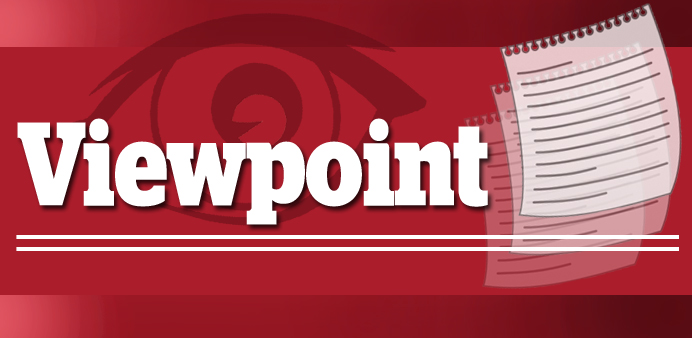Americans elect a new president one year from tomorrow, with the names Clinton, Trump, Carson and Bush at the fore. The race is wide open, with Democrats seeking a historic treble and Republicans suffering an identity crisis.
As the country gears up for a 12-month campaign slog - starting with a dash to the first statewide primary contests in February - concern has risen over Mideast violence and police-citizen tensions at home, and debate swirls over immigration, guns and income inequality.
Amid the tumult, voters are demanding stronger economic gains than those made during the recovery from the great recession of 2007 and 2008.
Venting their frustration with Washington, core Republicans have embraced non-politicians like real estate tycoon Donald Trump and doctor Ben Carson, moves that some worry might threaten party efforts to reclaim the White House after eight years of Barack Obama.
And voters across the political spectrum are debating whether to push the button on a political reset, or return either the Bush or Clinton dynasties to the throne.
US voters have long elevated outsiders at the start of the tedious primary process, including Nato commander general Wesley Clark in the 2004 cycle, New York mayor Rudy Giuliani in 2008, and former Godfather’s Pizza chief executive Herman Cain in 2012.
While that trend appears particularly acute this year, 365 days is an eternity in politics and it remains too early to convincingly assess the likelihood of a Trump or Carson presidency.
The Republican campaign, stacked with 15 candidates, has often carried a circus atmosphere. Ten at a time have clashed on stage in rough-and-tumble debates, and a headliner like Trump with his propensity to savage rivals on social media and at campaign rallies, may not be helping Republicans.
The party engaged in soul searching after its 2012 presidential defeat. It recommended a pared down debate schedule and an expansion of GOP appeal beyond its conservative base by reaching out to women and minorities and by championing comprehensive immigration reform.
But after a bipartisan push for immigration reform failed in Congress, Republican hopefuls have turned their backs on the immigration recommendation, with candidates like Trump threatening to deport the 11mn people living in the shadows illegally.
And Trump has infuriated Hispanics - an increasingly important US voting bloc - by labelling some Mexican immigrants rapists.
Party strategists agree that Republicans will need a transformational candidate who can broaden the GOP appeal. But who that is remains an open question.
Jeb Bush, the son and brother of two presidents, has been unable to break from the middle of the pack, with many observers arguing he was bested by his former political apprentice, Senator Marco Rubio, when they clashed in last week’s debate.
Former secretary of state Hillary Clinton meanwhile is riding high, as Democrats appear to be coalescing around her candidacy.

